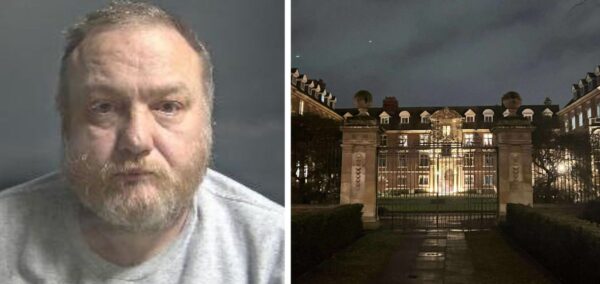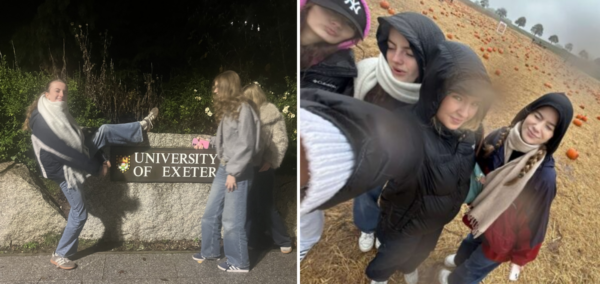
28 Years Later’s music has us spooked, so here’s the Rudyard Kipling eerie Boots poem in full
Who doesn’t love some psychological warfare in their movie trailers?
Most of us were thrilled at the release of the 28 Years Later trailer starring Aaron Taylor-Johnson and Jodie Comer, that was until its chosen backing track – a poem called Boots by Rudyard Kipling – became ingrained in our brains.
Two decades after the success of 28 Days Later, and the not-so-successful 28 Weeks Later, director Danny Boyle is back for another stab at the zombie apocalypse genre. The film has been a major talking point on Twitter ever since, and not just because it’s become an overnight sensation with its own viral zombie.
While most films seem to pick a random song with at least some connection to the film’s plot, 28 Years Later went with a 1903 Rudyard Kipling poem from his The Five Nations collection. The poem itself tells the story of British Army infantrymen stationed in South Africa during the Second Boer War between the British Empire and the Boer republics. Naturally, if the first four words of each line are read at the rate of two words each second, that gives the correct marching beat.
28 Years Later went with a 1915 recording by Taylor Holmes, an American actor who made his living on stage in productions such as The Commuters, The Music Master, and His Majesty Bunker Bean. He later moved to the silver screen, working on projects Nightmare Alley, Gentlemen Prefer Blondes, and A Christmas Carol, to name just a few.
Most Read
In modern times, the poem is still used by Navy Seals in SERE schools, which teaches them Survival, Evasion, Resistance, and Escape to its recruits. The torture-like activity is only possible because of the psychological games Boots plays with your mind. This is not the first time it has been used in popular culture either, having earlier appeared in the Call of Duty: Black Ops 6 Zombies map Terminus.
Some have suggested that Boots points to the narrative of 28 Years Later, with the last remnants of humanity trapped in a monotonous cycle of survival. It could also suggest a greater military presence than was in the first two instalments of the franchise.
Read Rudyard Kipling’s Boots poem in full
We’re foot—slog—slog—slog—sloggin’ over Africa
Foot—foot—foot—foot—sloggin’ over Africa —
(Boots—boots—boots—boots—movin’ up and down again!)
There’s no discharge in the war!
Seven—six—eleven—five—nine-an’-twenty mile to-day
Four—eleven—seventeen—thirty-two the day before —
(Boots—boots—boots—boots—movin’ up and down again!)
There’s no discharge in the war!
Don’t—don’t—don’t—don’t—look at what’s in front of you.
(Boots—boots—boots—boots—movin’ up an’ down again);
Men—men—men—men—men go mad with watchin’ em,
An’ there’s no discharge in the war!
Count—count—count—count—the bullets in the bandoliers.
If—your—eyes—drop—they will get atop o’ you!
(Boots—boots—boots—boots—movin’ up and down again) —
There’s no discharge in the war!
We—can—stick—out—’unger, thirst, an’ weariness,
But—not—not—not—not the chronic sight of ’em,
Boot—boots—boots—boots—movin’ up an’ down again,
An’ there’s no discharge in the war!
‘Taint—so—bad—by—day because o’ company,
But night—brings—long—strings—o’ forty thousand million
Boots—boots—boots—boots—movin’ up an’ down again.
There’s no discharge in the war!
I—’ave—marched—six—weeks in ‘Ell an’ certify
It—is—not—fire—devils, dark, or anything,
But boots—boots—boots—boots—movin’ up an’ down again,
An’ there’s no discharge in the war!
Try—try—try—try—to think o’ something different
Oh—my—God—keep—me from goin’ lunatic!
(Boots—boots—boots—boots—movin’ up an’ down again!)
There’s no discharge in the war!
Featured image credit: 20th Century Fox























